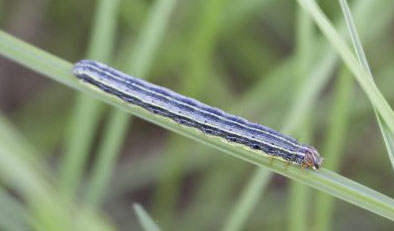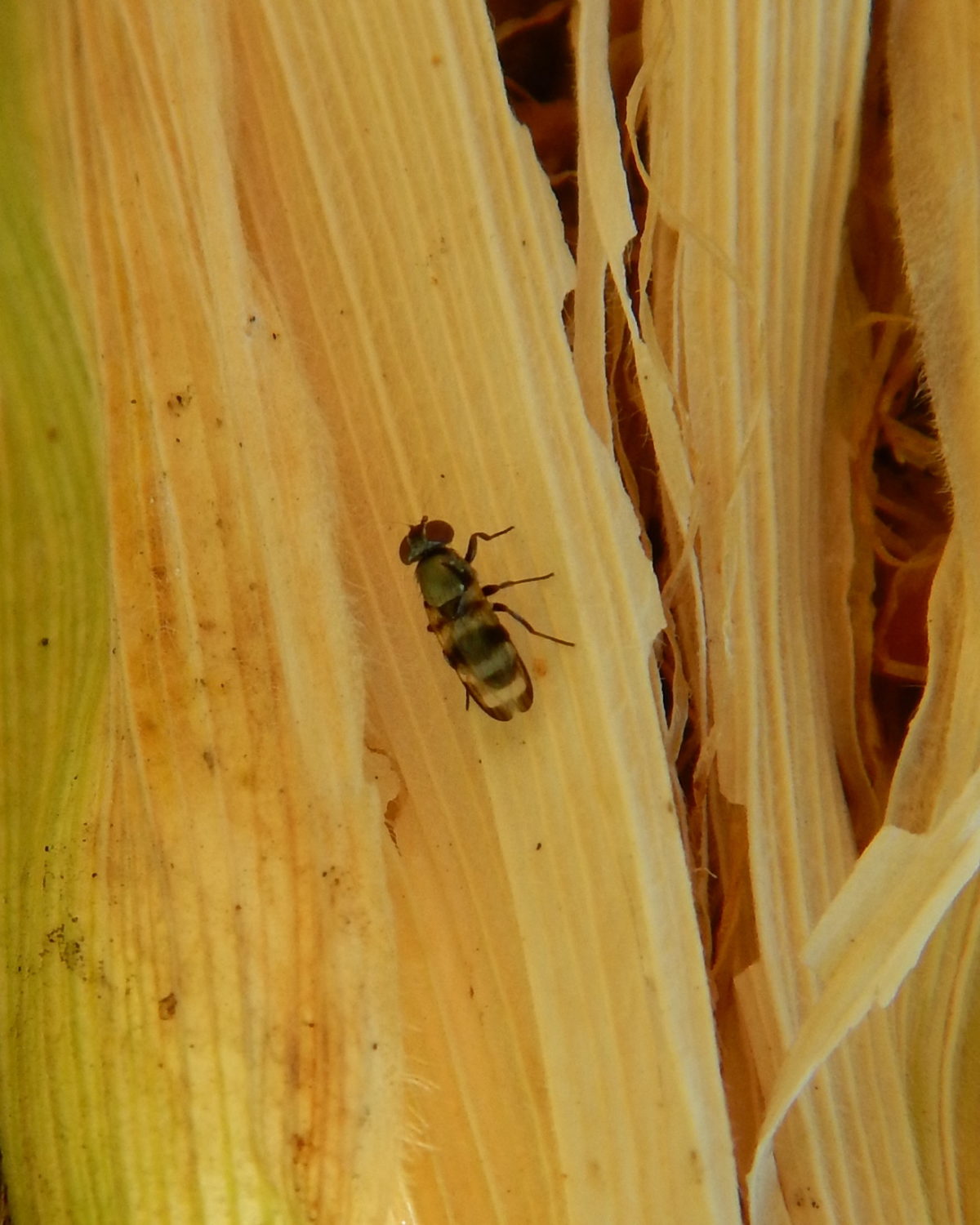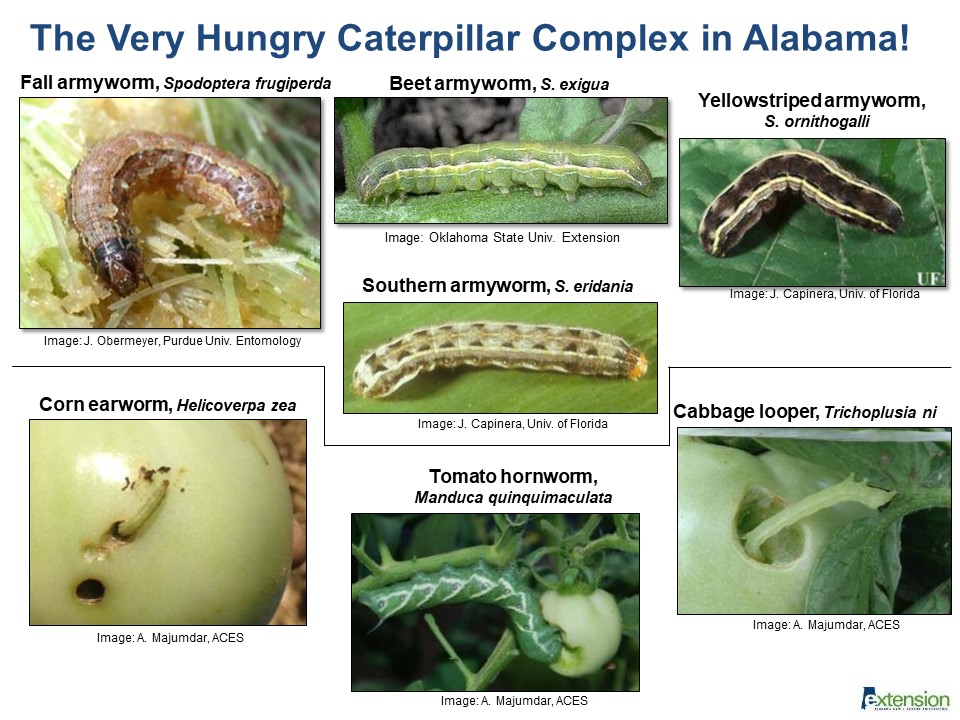Clemson Extension agents provided updates in The South Carolina Grower this week about the status of various crops being produced throughout the state. Statewide Dr. Matt Cutulle reports, “With all the rain we had in August the weed seed bank is starting to pop. Nutsedge pressure can be really tough in September. For fall cole crop plantings, it is important …
Clemson Extension Agents Provide Crop Updates
Clemson Extension agents provided updates in The South Carolina Grower this week about the status of various crops being produced throughout the state. Coastal Zack Snipes reports, “We had between 4-6 inches of rain last week with daily thunderstorms. Growers are working the fields, getting ready for the fall crops to go in. If it happens to rain on Wednesday …
Tomato Growers Watch Out for Insects
Tomato planting is currently underway across the Southeast. It is never too early to start thinking about insect pests that could hinder fall production in Alabama. According to the Tomato Insect Pests 101 video, Ayanava Majumdar, Auburn Extension Professor in Entomology and Plant Pathology, cautions growers to scout their tomato fields every week for pests and look for insects over …
Insect Pressure in Alabama Concerning for Producers
Insect pressure is high right now throughout Alabama. Ayanava Majumdar, an Auburn Extension Professor in Entomology and Plant Pathology, wants producers to be aware of the difference between squash vine borer larvae and pickleworm larvae. Complaints have increased significantly for both insects. Squash vine borer larvae are found inside hollow stems at the soil surface. Eventually, they pupate in the …
Alabama Pest Alert
According to the Alabama Extension Commercial Horticulture Facebook page, insect pressure has increased significantly over the past two months. This was reported in 20 locations across Alabama, where moth counts from pheromone traps were collected. For example, the beet armyworm moth numbers were 823 as of Aug. 15, a 1.2X increase from the 682 reported on July 31. Host plants …
Peak Time for Insect Pressure
Heat and dry weather conditions make this a peak time for insect pressure. Ayanava Majumdar, an Auburn Extension Professor in Entomology and Plant Pathology, cautions fall vegetable growers about insect pests and to scout regularly. “Insects love the heat because they grow through their life cycle faster because of the extra heat. They grow faster. They mate and reproduce faster …
Managing Sweet Corn Silk Flies
Silk flies are a major pest for South Florida sweet corn growers, but Julien Beuzelin, assistant professor at the University of Florida’s Everglades Research and Education Center, is working to lessen the threat these pests pose. He gave an overview of his silk fly research at the recent Vegetable & Specialty Crop (VSC) Expo. According to Beuzelin, there are three …
Be on the Lookout for These Summer Pests
Pests are relentless on crops all season long. However, during the hot summers, there are a few specific insects southeastern growers should be on the lookout for. Ayanava Majumdar, Extension entomologist with the Alabama Cooperative Extension System, recently collected data from sticky wing traps in the field. He reports that he found high levels of moths. Majumdar says the traps …
Battling Silk Flies in South Florida Sweet Corn
By Julien Beuzelin South Florida sweet corn growers continue to face two major insect problems: fall armyworms and corn silk flies. The two pests can be devastating, but corn silk flies are more challenging to manage than fall armyworms under current production practices. Three silk fly species have been reported to cause the majority of the damage: Euxesta eluta, Euxesta …
Rid Your Crop of Caterpillars
Different species of caterpillars can be detrimental to fruit and vegetable crops in the Southeast. Ayanava Majumdar, Extension entomologist with the Alabama Cooperative Extension Service, says although recent storms in the Southeast have slowed down moth activity, pests are still looming due to the heat. According to Majumdar, armyworms seem to be active. Beet armyworms are usually the first insects …












